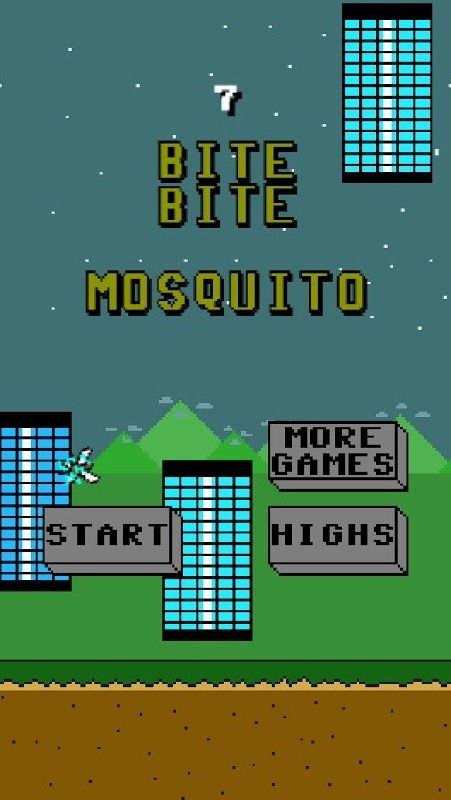
Inflamed Mosquito Bite: A Detailed Guide
Have you ever experienced an inflamed mosquito bite? It can be quite an uncomfortable and irritating experience. In this article, we will delve into the details of an inflamed mosquito bite, covering its causes, symptoms, treatment, and prevention methods. Let’s get started.
Understanding the Causes

Mosquito bites are caused by female mosquitoes, which require blood to produce eggs. When a mosquito bites you, it injects its saliva into your skin, which can trigger an immune response and lead to inflammation.
| Causes of Inflamed Mosquito Bites |
|---|
| Saliva Injection: The mosquito’s saliva contains anticoagulants and proteins that prevent blood from clotting and trigger an immune response. |
| Immune Response: Your body recognizes the mosquito’s saliva as a foreign substance and releases histamines, leading to inflammation and itching. |
| Pathogens: In some cases, the mosquito may carry pathogens like the West Nile virus, dengue fever, or malaria, which can cause severe illness. |
Recognizing the Symptoms

After being bitten by a mosquito, you may notice the following symptoms:
-
Redness and swelling around the bite area
-
Itching, which can be severe and persistent
-
Pain or tenderness
-
In some cases, a small blister or pus-filled bump may form
Treatment Options

Most inflamed mosquito bites can be treated at home with over-the-counter remedies. Here are some effective treatment options:
-
Ice Pack: Apply a cold compress or ice pack to the bite area for 10-15 minutes several times a day to reduce swelling and numb the area.
-
Antihistamines: Over-the-counter antihistamines, such as diphenhydramine (Benadryl), can help alleviate itching and reduce inflammation.
-
Topical Creams: Calamine lotion or hydrocortisone cream can help soothe the skin and reduce itching.
-
Hydrotherapy: Soaking the bite area in warm water can help alleviate itching and reduce swelling.
Prevention Methods
Preventing mosquito bites is crucial, especially if you live in an area with a high mosquito population or if you are traveling to a mosquito-infested region. Here are some effective prevention methods:
-
Wear long-sleeved shirts and pants, especially during dawn and dusk when mosquitoes are most active.
-
Use insect repellents containing DEET, picaridin, or IR3535, following the manufacturer’s instructions.
-
Remove standing water from your property, as it can serve as a breeding ground for mosquitoes.
-
Install screens on windows and doors to prevent mosquitoes from entering your home.
-
Consider using mosquito nets over beds, especially if you are sleeping outdoors.
When to Seek Medical Attention
In most cases, an inflamed mosquito bite will resolve on its own within a few days. However, there are certain situations where you should seek medical attention:
-
Severe swelling, redness, or warmth around the bite area
-
Difficulty breathing or swallowing
-
High fever, chills, or other flu-like symptoms
-
Development of a large, painful lump or pus-filled bump
By understanding the causes, symptoms, treatment, and prevention methods of an inflamed mosquito bite, you can take the necessary steps to protect yourself and others from these pesky insects.







